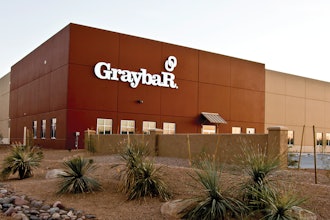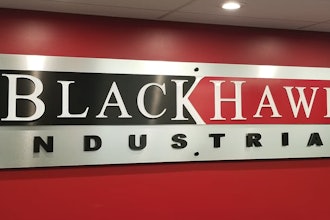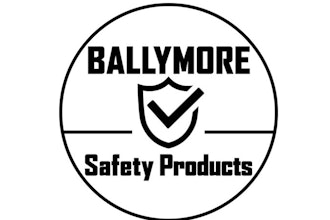It may seem simple; call a staffing firm to provide temporary workers to meet changing schedules for your business. Utilizing an outside firm reduces many of the risks employing these temporary workers. But today’s temporary staffing environment is getting increasingly tricky and there may be repercussions in that decision that could have a more permanent — and costly — impact than you would like. Under the gun to deliver temporary workers at a low cost, some firms are taking shortcuts with ethical lapses and human rights violations.
Understanding the behind-the-scenes reality of these common industry myths will help companies choose workers that have a lasting value.
Myth: Temporary staffing firms ensure all workers are legitimate.
United States law requires companies to employ only individuals who may legally work in the States or have the proper documentation for employment, i.e. a work visa. Partnering with temporary staffing firms using services such as E-Verify gives employers the security in knowing they, and their firm, are not in violation of U.S. laws. While the demand for low-wage workers continues to fuel the use of unauthorized employees, the penalties for sidestepping the law are great. As recent as March 2011, an Illinois businessman faced charges of unlawfully hiring dozens of illegal aliens to send out as temporary workers. The employer faced 18 months in prison and a hefty $465,178 fine. While firms tell you employees are legal, ask for their E-Verification certificates.
Myth: Firms pull workers from the same source
There are many ways staffing firms attract qualified temporary workers, including online job postings, classified ads and word of mouth. Some days, workers are even picked up off the street. At the other extreme is a new breed of socially responsible firms which leverage partnerships with training and civic organizations to find appropriately trained and motivated workers. The extra life and job readiness preparation they provide often makes for more reliable workers.
Myth: Workers are fully screened
Companies utilizing temporary workers should seek to work with agencies that properly and thoroughly screen clients keeping in mind the following:
- Do they conduct qualified pre-employment background and criminal checks?
- Are candidates screened for attitude, motivation, work-ethic and life readiness issues that may interfere with the ability to show up for work?
- Are one-on-one interviews conducted to determine work readiness, their skill sets and ability to understand direction?
- Will transportation to and from work be an issue?
These guidelines will help ensure companies receive temporary workers who are motivated, and an appropriate fit for the work environment.
Myth: Workers are always adequately trained for my facility
On top of worker productivity, utilizing adequately trained temporary workers will minimize a company’s risk of onsite accidents and ensure compliance with OSHA regulations. But not all training is equal. You should ask for specifics from the firm about their programs and unique preparation for your industry. The industry standard for training commonly includes viewing a series of required OSHA safety and health training videos. Yet some firms conduct additional hands-on, instructor-led training and industry-specific certification courses which will further guard a company against potential risks. For food processors which are regulated by the USDA and FDA, a worker with American Institute of Baking (AIB) certification reduces concern of on-the-job incidents that impact product safety — and your reputation.
Myth: All payroll and tax requirements are withdrawn and deposited
Temporary workers are typically employed by the staffing agency, which is responsible for overseeing the payroll functions (including tax withholdings), paying unemployment and worker’s compensation insurance premiums. Under pressure to ensure profit margins, some firms are willing to forgo payments and accept the penalties if caught as a cost of doing business. In the event a staffing agency has a claim filed against it, or is engaged in a lawsuit due to fraudulent activity, its corporate client may be held liable. Companies can protect themselves by simply asking for evidence of payments, withholdings and proper insurance coverage from the temporary agency.
Myth: My staffing firm absolves me from responsibilities
Most staffing firms assume responsibility for the typical compliance issues faced by employers. They are the employer of record. That said, lately courts have taken a mixed view of the relationship between staffing services, its client companies and workers. At times, client companies have been exposed to legal suits even though the staffing firm employed the worker. In one recent case, the court found the client company to be the employer of record and not the staffing company, when charged with denying overtime pay, even though the staffing firm paid the employees and provided benefits.
Myth: How I utilize temps has no impact on my company’s reputation
Many companies seek to be perceived as “employers of choice” to positively improve their recruiting advantages. Those goals should carry over to how they utilize temporary employees and therefore the firm they hire to provide workers. If workers are treated unfairly or not compensated properly by the staffing firm, their protests often focus on the employing company, which has greater reputational risk. Increasingly major-branded companies are asking all of their supply chain partners to follow a set of ethical behavior, which includes treatment of workers, to mitigate any damaging risks that could become public.
Bill Schwartz is vice president and chief operating officer of Civic Staffing in Chicago and a 30-year veteran in the temporary staffing field.






















